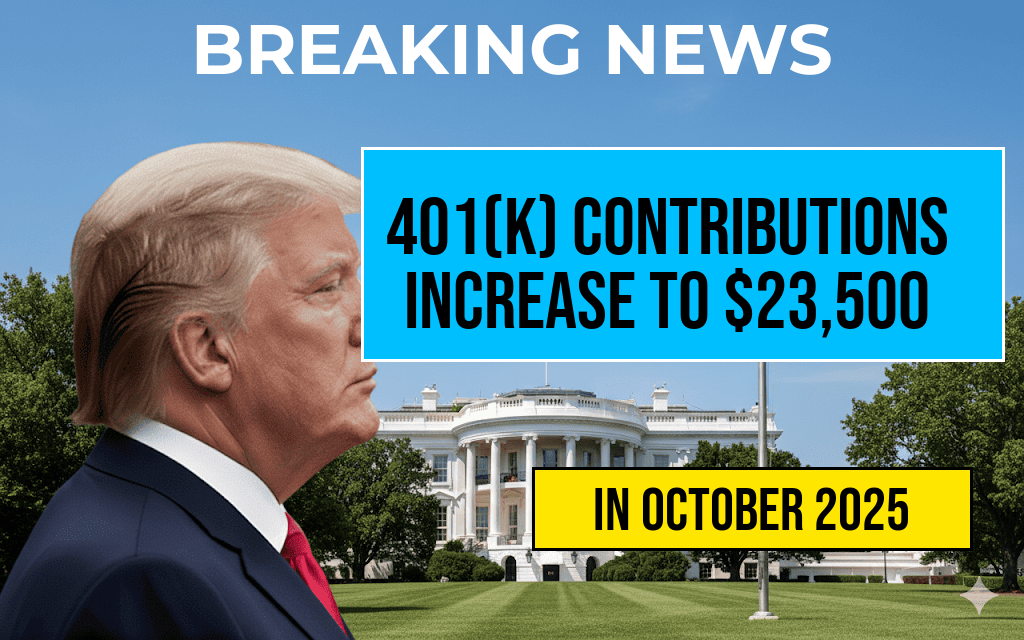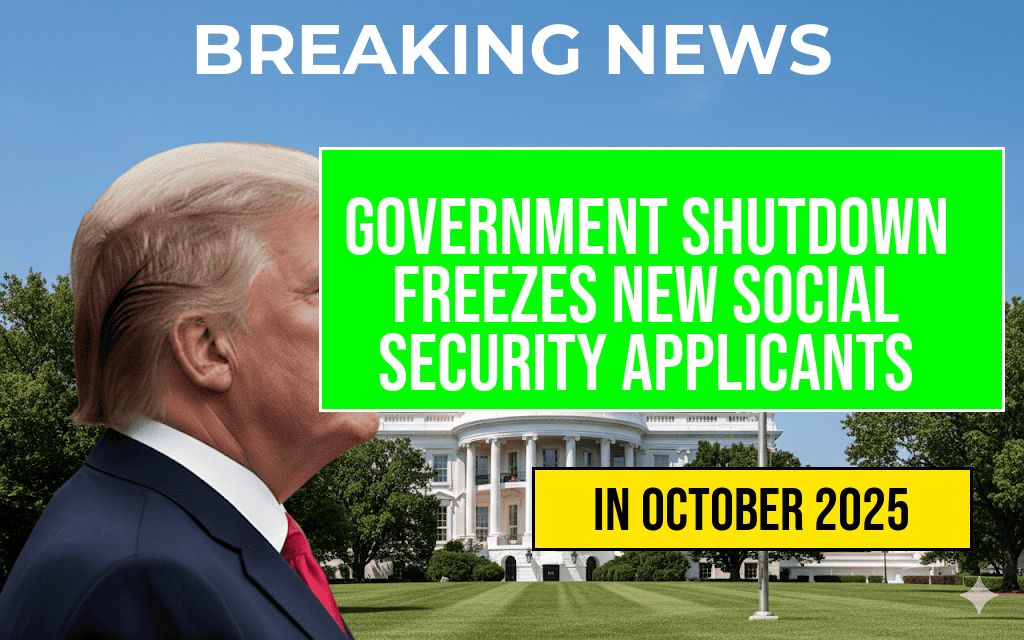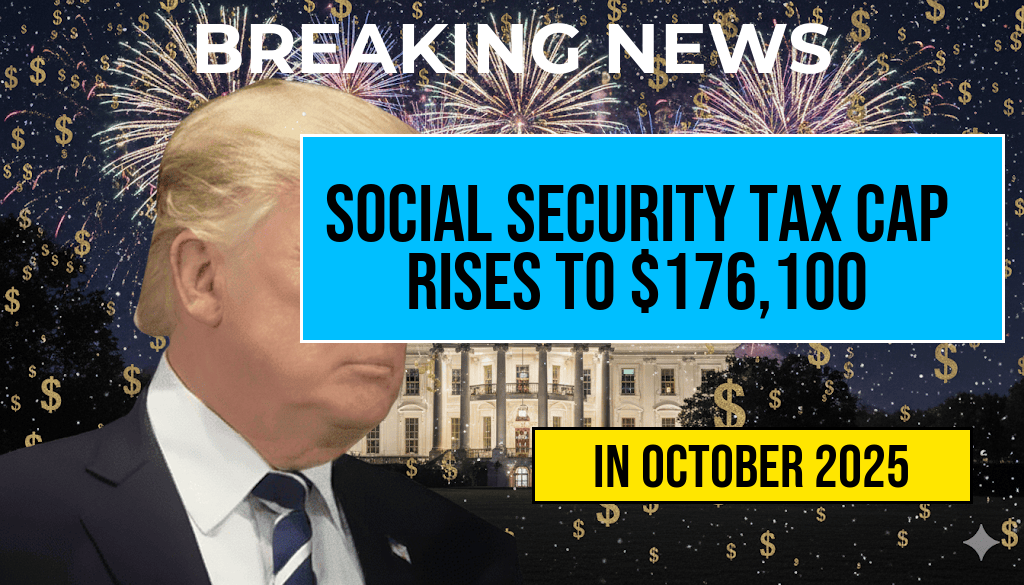The recent government shutdown has led to significant changes in the Social Security system, resulting in a two-tiered structure that leaves new applicants in a precarious position. Current recipients of Social Security benefits will continue to receive their payments without interruption, but those seeking to apply for benefits will face a complete freeze in processing. This unprecedented situation has raised concerns among potential beneficiaries and advocates for the elderly and disabled, who worry about the long-term implications of this shutdown. As the deadlock in Congress continues, the future of Social Security for new applicants hangs in the balance, with many left uncertain about when they might gain access to vital support.
Impact on Current Recipients
For individuals already receiving Social Security benefits, the shutdown has had minimal immediate impact. Payments are being processed as usual, with funds disbursed on the established schedule. This continuity is crucial for millions of Americans who rely on these payments for their daily living expenses, including housing, healthcare, and food.
Who is Affected by the Freeze?
The freeze primarily affects individuals who are applying for Social Security Disability Insurance (SSDI) or Supplemental Security Income (SSI). These applicants, often facing challenging health or financial situations, now find themselves in a situation where their applications will not be reviewed or processed until the government reopens.
- New Applicants: Individuals attempting to apply for SSDI or SSI benefits during the shutdown will encounter delays, with no clear timeline for when processing will resume.
- Pending Applications: Applications that were submitted prior to the shutdown will remain in limbo, leaving applicants uncertain about their status and potential benefits.
- Impact on Vulnerable Populations: Many new applicants are among the most vulnerable in society, including those with disabilities, chronic illnesses, and financial hardships.
What Caused the Shutdown?
The shutdown was triggered by a budget impasse, with lawmakers unable to agree on funding levels for various government programs. Social Security, being a mandatory spending program, is technically funded through payroll taxes, but the administrative functions that support the program are dependent on annual appropriations. As a result, the inability to reach a budget agreement has led to a halt in processing new applications.
Responses and Reactions
The shutdown has ignited a wave of criticism from advocacy groups and lawmakers alike. Advocates for the elderly and disabled have voiced their concerns over the impact this freeze could have on those in desperate need of financial assistance. Some groups argue that this situation highlights the vulnerabilities within the Social Security system and the need for reform to ensure that all beneficiaries can access their benefits without interruption, regardless of the political climate.
Long-term Implications
Experts warn that the ramifications of this shutdown could extend far beyond the immediate freeze on new applications. With a growing aging population and increasing numbers of individuals seeking disability benefits, the backlog of applications could become unmanageable once the government reopens. This situation may strain an already burdened system and lead to longer waiting periods for new applicants.
Potential Solutions
While the current situation is dire, some policymakers are exploring potential solutions. These may include:
- Emergency Funding: Advocates are calling for emergency funding measures to ensure that Social Security services can continue uninterrupted during future shutdowns.
- Streamlining Processes: Suggestions for streamlining application processes to reduce backlogs and expedite reviews could help mitigate the impact of similar situations in the future.
- Legislative Reforms: Broader reforms to the Social Security system may be necessary to adapt to the changing demographics and needs of the population.
Conclusion
The government shutdown has created a two-tiered Social Security system that protects current recipients but leaves new applicants in a state of uncertainty. As lawmakers work to resolve this budget crisis, the future of Social Security for new beneficiaries remains unclear. Stakeholders will continue to advocate for solutions that protect the rights and needs of all individuals seeking assistance through this vital program.
For more information about Social Security and its implications during government shutdowns, you can visit Wikipedia and Forbes.
Frequently Asked Questions
What is the impact of the government shutdown on Social Security?
The government shutdown has resulted in a two-tiered Social Security system where current recipients are safe, but new applicants face a total freeze in processing their claims.
Will current Social Security recipients continue to receive their benefits during the shutdown?
Yes, current Social Security recipients will continue receiving their benefits without interruption during the government shutdown.
What does the freeze on new applicants mean for those seeking Social Security benefits?
The freeze on new applicants means that individuals who are applying for Social Security benefits will not have their claims processed or approved until the shutdown is resolved.
How long is the government shutdown expected to last?
The duration of the government shutdown is uncertain and depends on political negotiations; there is no set timeline for when it will end.
What should new applicants do during the shutdown?
New applicants should remain informed about the situation and be prepared for a delay in the processing of their Social Security applications until the government shutdown is resolved.











